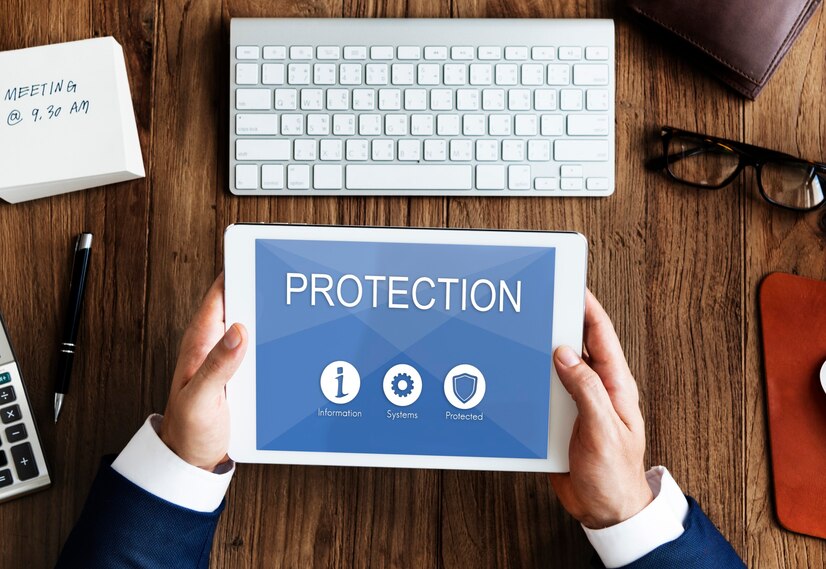This type of insurance provides protection for the physical assets of a company, including buildings, equipment, inventory, and more. While the importance of commercial property insurance is well-established, understanding the factors that influence its cost can help businesses make informed decisions when it comes to coverage. In this article, we will delve into the world of commercial property insurance costs, exploring the various components that impact pricing and providing tips for optimizing coverage while managing expenses.
The Significance of Commercial Property Insurance
Before delving into the cost factors, it’s essential to recognize the significance of commercial property insurance for businesses. This type of insurance plays a crucial role in safeguarding a company’s assets against a wide range of perils, including:
1. Fire and Smoke Damage
Commercial property insurance can cover damage resulting from fires and smoke, whether caused by natural disasters or accidents.
2. Theft and Vandalism
Protecting against theft and vandalism is a fundamental aspect of commercial property insurance. It ensures that businesses can recover from the financial losses associated with these crimes.
3. Natural Disasters
Coverage often extends to damage caused by natural disasters, such as hurricanes, earthquakes, floods, and tornadoes
4. Business Interruption
In the event of a covered incident that disrupts business operations, commercial property insurance can compensate for lost income and help cover ongoing expenses.
5. Liability Protection
Commercial property insurance can also include liability coverage in case someone is injured on the premises, such as a slip and fall accident.
Factors Influencing Commercial Property Insurance Costs
The cost of commercial property insurance varies widely from one business to another. Several factors come into play when determining the premium for this type of coverage. Here are the primary elements that influence the cost of commercial property insurance:
1. Property Value
The value of your property, including the building and its contents, is a fundamental factor affecting insurance costs. The higher the property’s value, the more expensive the insurance will be.
2. Property Location
The location of your business property plays a significant role in pricing. Properties located in areas prone to natural disasters or with higher crime rates may have higher premiums. Conversely, properties in safe, low-risk areas may have lower insurance costs.
3. Building Construction
The construction and condition of the building are crucial. Modern buildings with up-to-date safety features may receive lower premiums, while older structures may result in higher costs due to increased risk.
4. Occupancy
The type of business and its occupancy of the building are essential considerations. Some businesses, like restaurants or chemical manufacturers, may carry higher risks, leading to higher insurance costs.
5. Security Measures
Security measures, such as alarm systems, surveillance cameras, and fire prevention systems, can positively impact insurance costs. These measures reduce the risk of theft and damage and may result in discounts on premiums.
6. Coverage Limits
The extent of coverage you select influences costs. Higher coverage limits mean more protection, but they also come with higher premiums. It’s crucial to assess your business’s needs and choose coverage limits accordingly.
7. Claims History
A history of previous claims on your policy can impact the cost of future premiums. Frequent claims may lead to higher insurance costs, as they suggest higher risk.
9. Business Type
The nature of your business and the specific risks associated with it can significantly affect your insurance costs. For instance, a technology company may face different risks compared to a retail store, resulting in varied premiums.
10. Discounts
Many insurers offer discounts for businesses that implement risk management measures, have a good claims history, or bundle multiple policies. Taking advantage of these discounts can help lower your overall insurance costs.
11. Annual Revenue
Some insurance providers use a business’s annual revenue as a factor in determining insurance costs. A higher revenue may lead to higher premiums.
Tips for Optimizing Commercial Property Insurance Costs
While the cost of commercial property insurance can be influenced by various factors, there are strategies businesses can employ to optimize their insurance expenses:
1. Risk Management
Implement robust risk management practices to minimize potential losses. This can include fire safety protocols, security systems, and regular maintenance to reduce the likelihood of claims.
2. Compare Quotes
Different insurers may offer varying terms and rates, so comparing options is essential.
3. Bundle Policies
Consider bundling your commercial property insurance with other business insurance policies, such as general liability or workers’ compensation. Bundling often results in cost savings.
4. Increase Deductibles Wisely
Increasing your deductible can lower your premium, but be cautious not to set it too high, as it should be an amount your business can comfortably afford in the event of a claim.
5. Regularly Review Coverage
Periodically review your coverage with your insurance provider to ensure it aligns with your business’s current needs and risks. Adjust your policy as necessary to avoid overpaying for unnecessary coverage.
6. Invest in Security
Enhance the security of your property with measures like alarms, security cameras, and fire prevention systems. Not only will these measures reduce risk, but they may also lead to premium discounts.
7. Maintain a Positive Claims History
Foster a culture of safety within your organization to reduce the frequency of claims. A positive claims history can lead to lower insurance costs.
8. Work with an Independent Agent
An independent insurance agent can help you navigate the complex world of commercial property insurance. They can assist in finding the best coverage options at competitive rates.
Conclusion
Commercial property insurance is a vital safeguard for businesses, providing protection against a wide range of risks that can jeopardize physical assets and disrupt operations. While the cost of commercial property insurance can vary based on several factors, businesses can take steps to optimize their coverage while managing expenses effectively. By understanding the key determinants of insurance costs, implementing risk management practices, and exploring cost-saving strategies, businesses can strike the right balance between protection and budget constraints. Ultimately, making informed decisions about commercial property insurance is a critical aspect of prudent business management.


